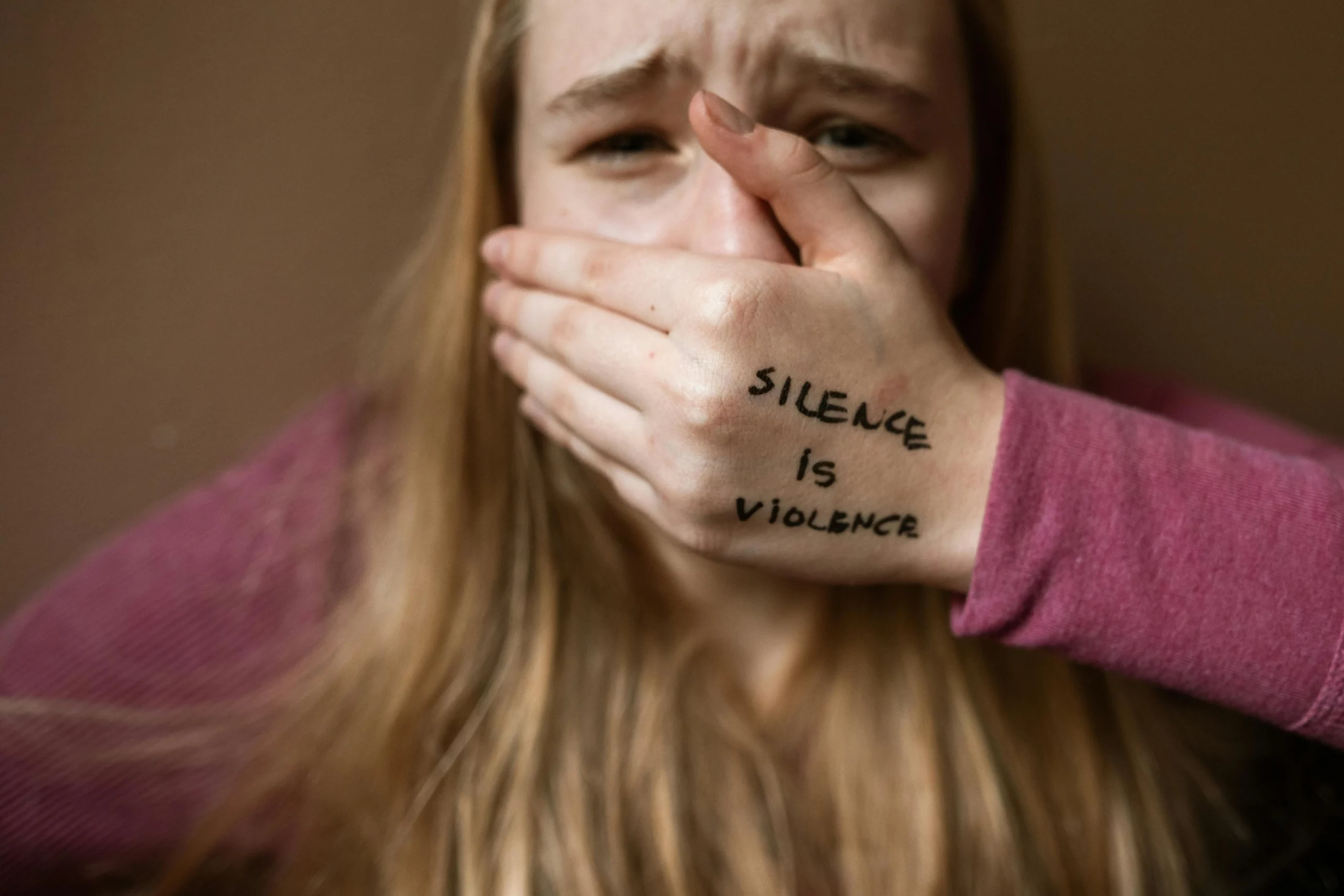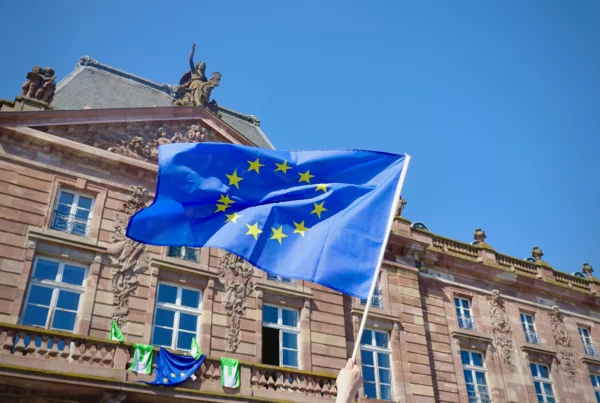Tackling gendered violence against elected women and staff
The issue of increasing incivility, harassment abuse and violence directed at elected representatives is not a new one. However, it is a threat that continues to grow along with the disenchantment and mistrust many citizens feel towards government and institutions.
While quite a few studies and surveys examine the issue faced by public figures, the gendered dimension of the harassment and violence that elected women face at all levels, including the local and regional, must not be ignored.
Along with the increase in women’s participation in political life, comes increasing exposure to a continuum of abuse, violence, and sexist attitudes. Some studies suggest that while women may not encounter more abuse online, the abuse that women receive is gendered in its content.
A 2020 report for the Congress of Local and Regional Authorities on Fighting Sexist Violence against women in politics at local and regional levels takes stock of the increase of incivility, insults and attacks from both peers and citizens against women who become visible in the political arena. It also gives hints as to how local and regional governments should tackle this disturbing phenomenon. If nothing is done, it may be driving women out of public life and undermining the roots of the democratic process and equal participation and representation.
Recommended actions include:
• “Raising awareness among elected representatives, council staff and citizens on violence against women in politics and its negative impact on the exercise of democratic rights;”
• “Introduc[ing]or revis[ing] codes of conduct in national assemblies, governmental bodies and institutions, explicitly prohibiting sexist speech and sexual harassment, introducing effective complaint and sanctions mechanisms and assist local and regional governments with the implementation of measures regarding sexist violence against women in politics;”
• “Conduct [ing] periodical surveys and studies and establish official statistics, at all levels of government, on the issue of violence against women in politics, including attacks perpetrated in the private sphere;”
Other tools and resources are available to women politicians to help them engage safely with social media. The UK-based non-partisan organisation Elect Her works to motivate, support and equip women in all their diversity to stand for political office in Britain. As part of their mission, they partnered up with Glitch, a charity seeking to end online abuse. Together they offer an online learning course to equip women in public office with the skills to be safer, more resilient and more confident in online spaces.
Finally, a useful guide to security on Facebook and Instagram for women in politics was produced by Meta in collaboration with the Elues Locales network. It provides practical tips on prevention and protection (passwords, pirated accounts, etc.) as well as how to moderate content and report abuse.
Additional resources
- Report Fighting sexist violence against women in politics at local and regional level, Jelena Drenjanin (2020, Congress of Local and Regional Authorities)
- Démocratie au féminin 2022 – Guide des conseils de sécurité sur Facebook et Instagram pour les femmes en politique
2023 International Women’s Rights Day series: “Five new Charter articles illustrated through local actions”
This article is part of a series published by CEMR to celebrate 2023 International Women’s Rights Day. This series informs on impactful initiatives carried out by local and regional governments to promote gender justice.
These projects embody the updated European Charter for Equality of Women and Men in Local Life as they show how five of its nine new articles can be put into practice. Together, they represent an inspiring step towards a more gender-equal Europe.
The updated Charter is available currently in English, French and easy-to-read English versions.
Any questions regarding the update or the actions highlighted in this series can be directed to contact@ccre-cemr.org or the relevant national coordinator for the Charter in your country.

Director – Policy & Impact







